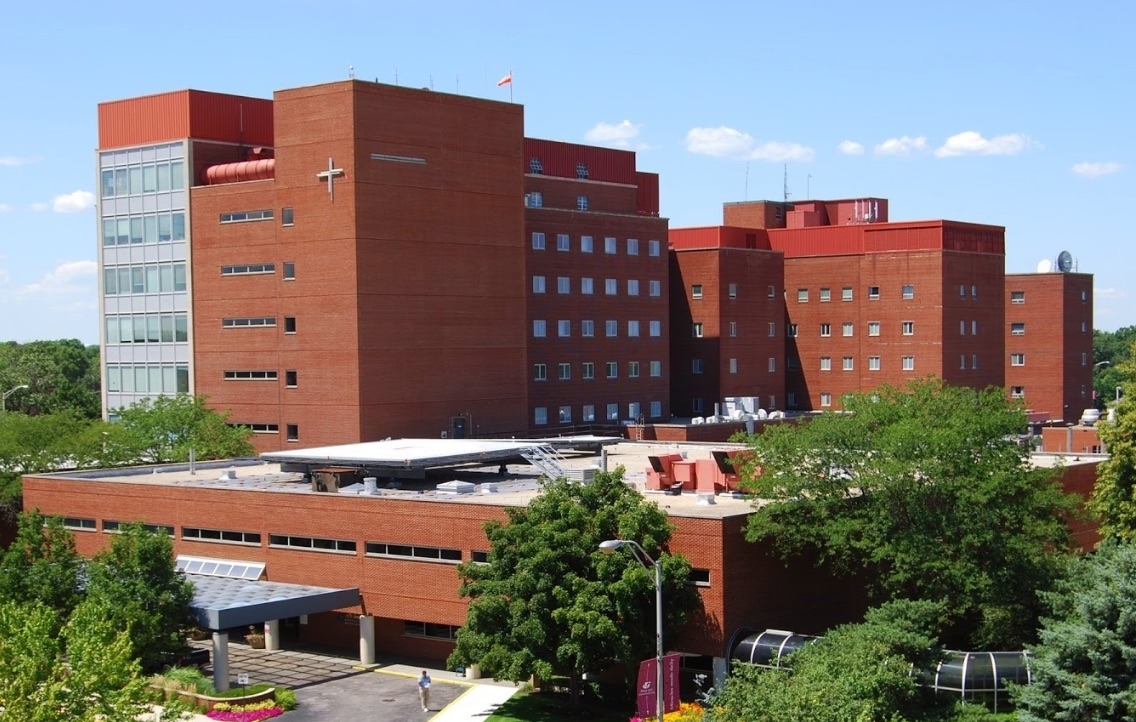
2013 Medical Malpractice Lawsuit Settled; Chicago Heights
Six years ago, Nyelle Brown was born in a Chicago Heights hospital. Her delivery was at first a routine one, but after being administered Pitocin—a drug that induces labor and contractions—both child and mother began to experience significant distress. Instead of opting for a cesarean section, the staff, at what is now, Franciscan Health Chicago Heights, decided to give Nyelle’s mother even more Pitocin. According to a 2013 medical malpractice lawsuit, filed on behalf of the Brown family, due to this alleged negligence, Nyelle was born with cerebral palsy.
“Despite warnings that Nyelle was in distress during labor from the excessive contractions, the healthcare providers failed to perform a timely (cesarean section),” said one of the lawyers representing the Brown family. He claimed that by “overdosing Nyelle’s mother with Pitocin during labor, there were too many contractions that were too strong and that occurred too closely together.”
These chemically induced contractions allegedly prevented oxygen and blood from getting to Nyelle’s brain during critical points of the delivery. Her lawyers claimed that the doctors should have stopped using Pitocin immediately when instead they did the opposite and increased the dosage, which allegedly caused the baby to suffer permanent brain damage. Nyelle, who will be seven in January, is unable to speak or walk, and for the rest of her life she will require constant medical care.
Last month, Kathy Flanagan, a Cook County Circuit Judge, announced that both parties had come to a settlement after four years of litigation. Flanagan agreed to the $15 million terms that set aside $9.5 million in a trust for Nyelle to be be managed by First Midwest Bank. According to the court records, around $5 million will go to the the attorneys representing the family.
Franciscan Health Chicago Heights agreed to the settlement, but did not admit liability. While the Brown family agreed to forfeit their right to seek further damages. The case was officially dismissed by Judge Flanagan on July 17, 2017.
Frequently Asked Questions

Cerebral palsy is not a single disorder but rather an umbrella term used to describe a broad range of neurological abnormalities, affecting movement and posture that first occur in the fetal or infant brain. Importantly, these movement disorders may be accompanied by disturbances in sensation, cognition, communication and behavior. While the phrase “cerebral palsy” is
Read More
Any discussion of the causes of cerebral palsy must first begin by conceding that the condition does not have single, simple cause but is instead multifactorial. In other words, cerebral palsy is not a single condition but rather a term that describes many similar and overlapping neurological conditions. Therefore the possible causes of cerebral palsy
Read More